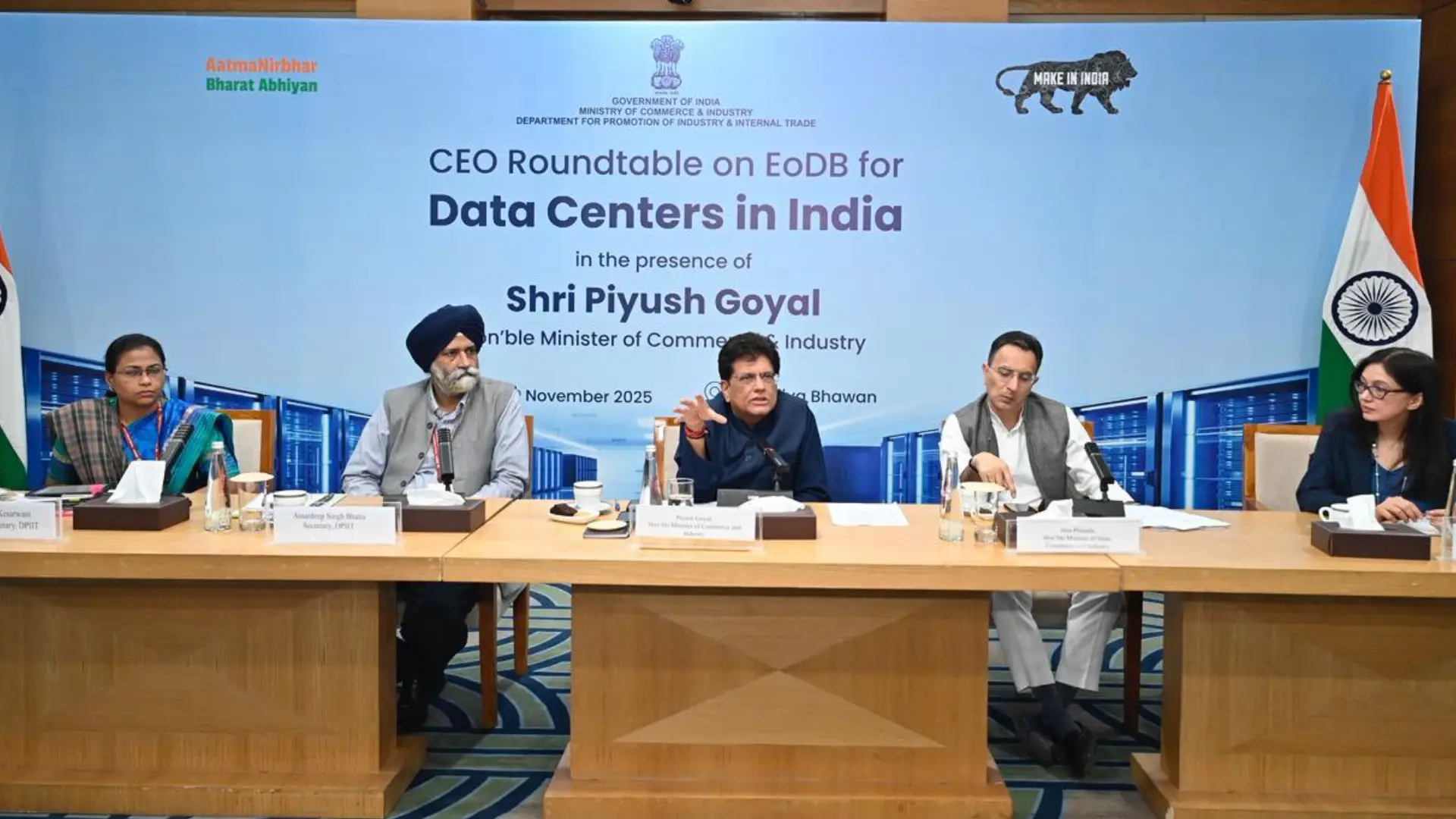From the very first day of starting business, we all want to earn profits, or even in the worst case, we want to break even. Right? Not just you and me, for decades “value” in business meant one thing, profits. Companies were celebrated for how efficiently they turned revenue into earnings. Investors looked for dividends and returns from actual cash flows. But you know, there is some other unique thing that started happening in the market.
In today’s world of venture capital and hyper-growth startups, that old playbook feels almost irrelevant. Businesses are often valued not by the profits they make, but by the valuation they can command, or the price someone else is willing to pay for their story.
And by looking at the whole scenario, Zerodha co-founder Nithin Kamath has recently explained an invisible but powerful factor, which is India’s tax structure. He called it tax arbitrage. It has created what he calls a “tax arbitrage” between making profits and building valuation. And that gap, he says, is quietly reshaping the incentives for founders, investors, and even public markets.
For those who didn’t have any context about it. Let me explain what Nithin Kamath has posted. Let’s understand this with a small example. Imagine a company that earns ₹100 in profit. Now, as per the current structure, the company first pays around 25% corporate tax, which leaves it with ₹75. If the founder or investor wants to take that money out as a dividend, they have to pay another 30–35% personal tax on it. At the end of the day, they’re left with only about ₹48–₹50 in hand; after all taxes, nearly half of what they earned is gone.
Now, let’s take the second scenario which is the valuation route. Instead of showing big profits and paying heavy taxes, the company reinvests or even burns cash to grow faster. A few years later, it raises funds or lists on the stock market. The founder or investor then sells a portion of their shares and pays only 10–20% capital gains tax depending on how long they held those shares. So, just by choosing the valuation route over the profit route, they end up paying half the tax and often make many times more on the valuation multiple.
That’s what Kamath means by “Tax Arbitrage.” A system that unintentionally makes it smarter to chase valuations instead of profits.
Now when the system rewards you for showing less profit and more growth, it’s obvious how most founders will behave. You’ll see companies spending aggressively, cutting margins, and offering huge discounts, all in the name of growth and “market capture.”
But that’s where the problem starts; once you build a company that thrives on valuation, it becomes very hard to get back to profitability later. Because investors and everyone expect you to maintain a certain kind of growth. The moment it slows down the growth, valuation will collapse.
Now after investing, every investor wants to take profits or liquidate his investments. Most venture funds have a life of around 7–10 years. That means, after about 7–8 years of investment, the fund must show exits to its own investors.
So, for most of the startups, IPO is the option to give the early investors an exit route. That’s why we’ve seen so many high-growth but unprofitable startups rushing to go public in recent years. Not because the business is fully mature, but because the investors need the exit. And once that happens, the valuation game ends, and the profitability test begins. Unfortunately, many companies are actually not ready for the profits test but the exits they should give forces them. That is where the problems begin for startups.
Because the market respects valuations and gives the right valuation for the value it is creating. And that’s when we see company shares falling rapidly due to higher valuation concerns.
Well, this has received different opinions from the market participants on LinkedIn, Twitter, and other social platforms.
But what we as entrepreneurs or investors should understand is, if you invest in IPOs or in public markets, you need to understand the game being played before the listing. When a company that’s been losing money for years suddenly goes public, it’s often not a sign of financial strength; it’s a sign of VC exit timing.
Now, what we need to understand is, whenever you are setting on a journey to build a company, don’t overfocus on valuations. Because at a certain point, you will run out of money, and everyone wants to exit. And at the time of exit, if you try to give a great exit to early investors, remember, you are also giving a great entry to new investors.
That’s how you as an entrepreneur create value. What do you think?
Also Read: Inside India’s Co-Working Boom: Why Startups and Corporates Are Choosing Flexible Offices










